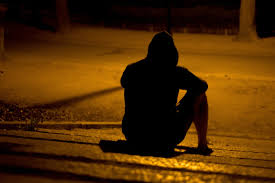Sexual violence against men is an often overlooked issue that significantly impacts male identity and notions of masculinity.
Traditional views of masculinity emphasize strength and control, leaving many male survivors feeling shame and vulnerability after an assault.
This disconnect can lead to a crisis of identity, as survivors grapple with their self-worth and societal perceptions.
Understanding these challenges is crucial for fostering a supportive environment that encourages healing and challenges harmful stereotypes.
Trauma and Mental Health: Male survivors of sexual violence often experience trauma that can lead to depression, anxiety, post-traumatic stress disorder (PTSD), and other mental health issues.
The stigma surrounding male victimization can exacerbate these conditions, making it harder for survivors to seek help.
Internalized Shame: Many men may feel shame or guilt about their victimization, which can lead to a distorted self-image and feelings of inadequacy.
This internal conflict can significantly affect their self-esteem and overall mental health.
Reinforcement of Toxic Masculinity: The experience of sexual violence can challenge traditional notions of masculinity, which often emphasize dominance, control, and invulnerability.
This challenge can lead some men to react defensively, reinforcing toxic masculinity by becoming more aggressive or disengaging from emotional connections.
Impact on Relationships: Survivors of sexual violence may struggle with intimacy and trust in their relationships.
The trauma can affect their ability to connect with partners, friends, and family, leading to strained relationships and further isolation.
Male survivors often face unique challenges that can undermine their sense of self and complicate their healing journey.
By recognizing and addressing these issues, society can begin to dismantle harmful stereotypes surrounding masculinity and create a more supportive environment for all survivors.


